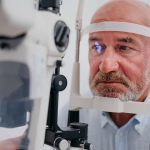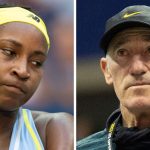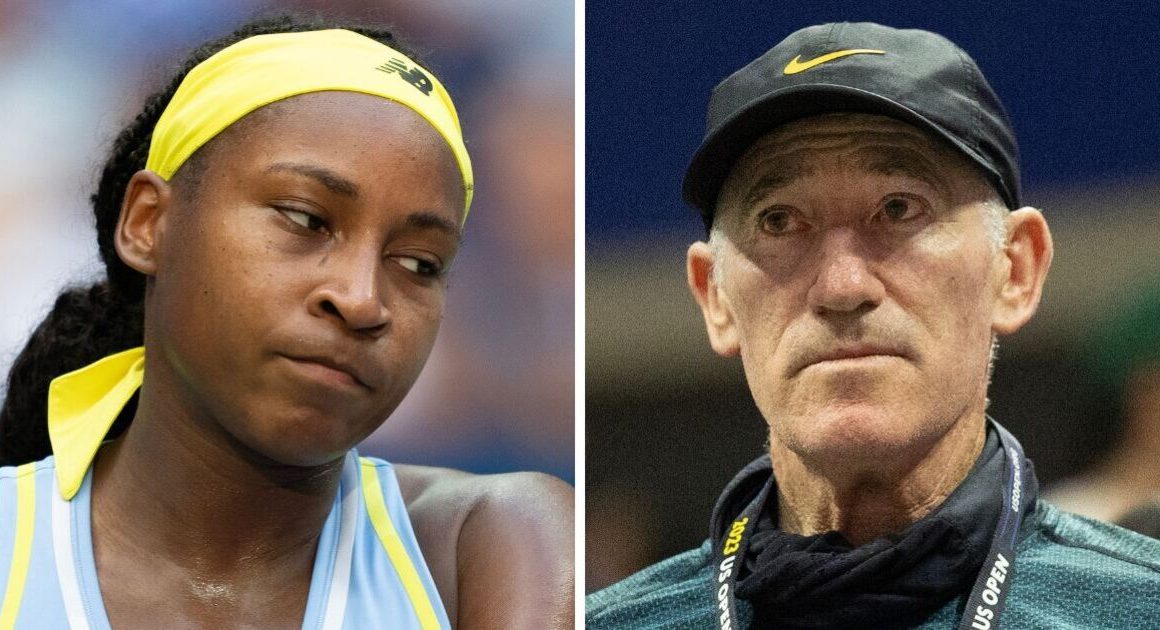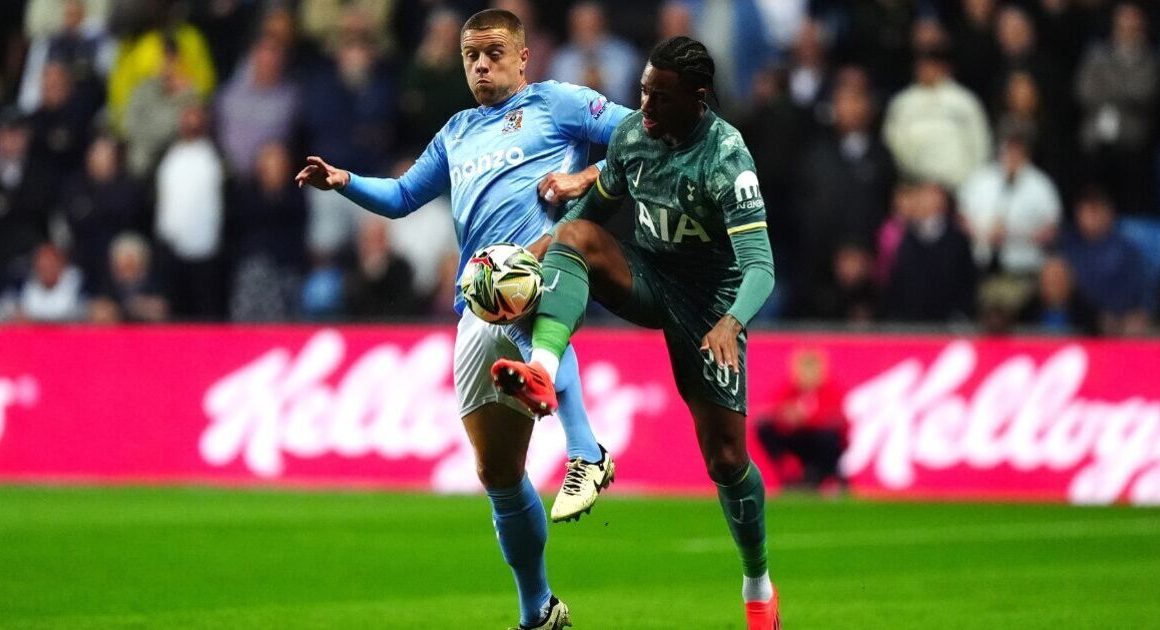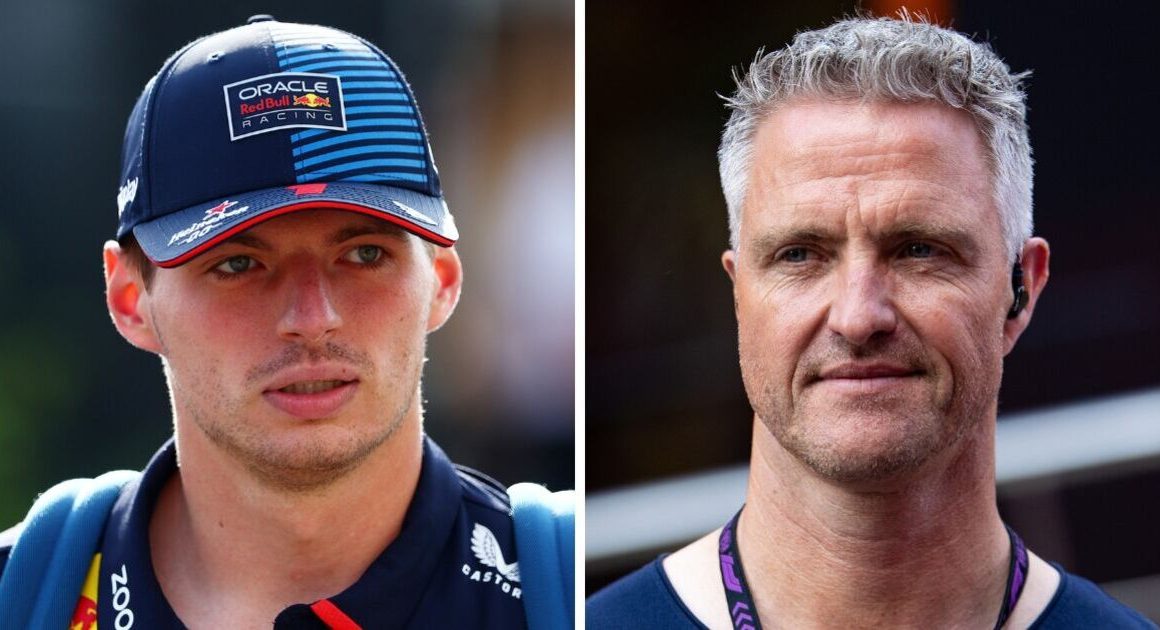It’s been more than a decade since the last Summer Paralympics went off without major controversy.
In 2016, Zika Virus concerns were compounded when, two weeks before the Games, the International Paralympic Committee announced it was making massive cuts amid the biggest financial restraints of its history – including a partial stripdown of the Rio Games themselves.
In 2021, after the Games were already delayed a year, fans and family remained banned from Tokyo amid the COVID-19 pandemic.
You’d have to go back to London 2012, then, for the last time the Paralympics could proceed unbothered.
And according to those who were there: what a Paralympics it was.
“London has probably been the best Games I’ve been to,” said Canadian goalball captain Amy Burk, who competed there and in every Paralympics since. “It was just the crowds were so welcoming, the volunteers, like everything. It was just a well put-together Games.”
WATCH | IPC president wants all tickets for Paris sold before opening ceremony:
With 100 days to go before the 2024 Paralympics open in Paris, IPC president Andrew Parsons joined CBC Sports’ Scott Russell to talk about how these Games will be different from any before it.
Even the Paris 2024 organizers are wary of London’s reputation. Catherine Gosselin-Despres, the Canadian Paralympic Committee’s chief sport officer, visited Paris about two months ago.
“The French, and Paris 2024, have really embraced the challenge and they absolutely want to do better than London,” she said. “They say even just when they present, ‘This opening ceremony is going to be unique, the best one since London.’
“All of the Games in between are not necessarily mentioned.”
There are plenty of reasons to believe that Paris can match, or even exceed, the lore of London. Fans will return, historic venues will be front and centre and, in North America, the timezone will be better than each of the three most recent Paralympics.
In London, organizers were able to change public attitudes about Paralympians from being viewed through the lens of their disabilities to being seen as elite athletes.
One memorable ad in between the Olympics and Paralympics used the slogan “thanks for the warmup.”
“Even their campaigns were cool, you know?” said Cindy Ouellet, a Canadian wheelchair basketball and Para skier who competed at the 2008, 2012, 2016, 2018 and 2021 Paralympics.
“If you’re a kid or an upcomer or you just got your injury or whatever and you see that commercial, it’s like, ‘Hey, like I wanna be them, they’re cool.’
“Yes, we all have a story because we’re either born with a disability or we acquired one. So obviously there’s a sad story or a big story behind that, but it’s not why we’re athletes. It’s just part of our life. I think London really was the first time that a place that really captured that, hey, it’s athletes and it’s high level.”
Tony Estanguet, the head of the Paris 2024 organizing committee, acknowledged modelling France’s Paralympics after London’s.
“Their success was about very strong communication,” he said in 2021.
‘We’re just as competitive’ as Olympians
Equality in the public eye is important to many Paralympians, who commit themselves to their sport at an elite level similarly to Olympians.
“We’re no different. We train just as hard, we’re just as competitive,” said Alison Levine, a Canadian boccia player who debuted at the 2016 Paralympics. “In my opinion, I’m definitely biased, but I think we Paralympians are more incredible than the Olympians because we do what they do and deal with living as people with disabilities in a very inaccessible world on top of it.”
Sometimes, it’s the little things that make a difference. Levine recalled walking into a souvenir shop in Tokyo, where every Olympics-branded item was matched by a Paralympic counterpart – something that didn’t exist in Rio.
Gosselin-Despres, the Quebec City native who has held her position since 2013, said French branding for the Olympic and Paralympic Games will often just read as “Jeux Olympiques” – forgoing the “et Paralympiques.” That’s not the case in Paris.
“I’m excited that the P is always there,” she said. “So, Olympic and Paralympic, it’s used consistently. They’re really trying to give the same level of services for both Games.”
WATCH | Canada’s Paralympic chefs de mission join CBC Sports:
CBC Sports’ Devin Heroux chats with Canada’s co-chefs de mission, Karolina Wisniewska and Josh Vander Vies, about leading the team to the 2024 Paris Paralympics.
Even from a business standpoint, incorporating the two Games together can have additional payoff, said Canadian wheelchair basketball player Bo Hedges, who has participated in every Summer Paralympics since 2008.
“It just allows people to learn from one another, right? And so you’re not trying to reinvent the opening ceremonies or reinvent how this is done or that is done. The Olympics can learn from the Paralympics people on some things and vice versa,” Hedges said.
“You create efficiencies that way and money’s a challenge within the Games. And so any way we can save some of that money and hopefully give it back to the athletes one way or the other is key.”
The dual approach in London also trickled down to details like accommodations, facilities and food. Multiple Canadians in London fondly remembered having Rihanna and Coldplay perform at the closing ceremony – the type of big-name artists usually reserved for the Olympics.
Feeding off the fan atmosphere
Sports like cycling, swimming, basketball and athletics all took place at the same venues for both the Olympics and Paralympics.
In Paris, that can be taken to another level. The opening ceremony will head down the Champs Elysées, wheelchair tennis will take place on the clay courts of Roland Garros, blind football will be contested at the foot of the Eiffel Tower and Para equestrian will be held at the Chateau de Versailles.
At last year’s cycling world championships in Scotland, able-bodied competitions ran parallel to the Para sports, which left a larger-than-normal audience to see action at top-notch venues.
It made a huge difference for Para athletes like Canadian Nathan Clement, even though his race took place on the road, outside of the velodrome.
“Even in the countryside, you could just feel and hear that noise, although your head’s down at 200 BPMs, just holding on for dear life, just trying to fight for that line. You can feel that noise and feel that energy all throughout Scotland,” Clement said.

Mel Pemble, a Canadian teammate of Clement’s, raced on the track and was exposed to the echoey noise of the Glasgow velodrome.
“It was the most amount of people that I’ve ever competed in front of and it was something to get used to. The crowd, like the noise in there, was immense and amazing. It was really good to feed off the energy, but I think that’s going to be more similar to the Paralympics,” Pemble said.
Pemble competed at the 2018 Paralympics as a skier, but Paris is set to be her first Summer Games.
And, as she noted, she will have to get used to crowds. Skiers don’t deal with outside noise until their race is over. A velodrome is all noise.
Moreover, the Paris velodrome could be among the noisiest.
Return of live audiences
Perhaps the biggest reason to be optimistic about Paris surpassing London is the return of crowds. For the past two Paralympics, live audiences barely existed amid COVID restrictions.
Now, fans are back in full force.
“In Tokyo, I realized how much I took things for granted and I missed so many aspects of the experience,” said Aurelie Rivard, the decorated Canadian Para swimmer.
“And so just to have them again, I know I will be more thankful and grateful to be able to be there and experience them and be surrounded with so many great people.”
Heidi Peters, a Canadian sitting volleyball player, noted the growth in women’s and Para sports since London as another factor that could push these Paris Games past their 2012 predecessor.
“Maybe I’m just in that world and I see it, but the uptick of the NCAA tournament in basketball on the women’s side [is] huge. The uptick of volleyball having the attendance record for Nebraska, the creation of the professional volleyball league in the U.S. There are huge things happening in sport,” Peters said.
“I just feel personally like I’m always like sitting on the edge and always scratching the surface.”
A green, visible Games
Peters also said Paris is already doing a good job of marketing its Games to younger generations with green initiatives and by integrating the opening and closing ceremonies, along with many of the venues, into the city.
“I think people are itching for big events and big things that bring people together,” she added.
In Peters’ hometown of Neerlandia, Alta., those events during the Paralympics will also be easier to watch than the past three Games, with live action set to take place closer to midday than the middle of the night.
Travis Murao, a Canadian wheelchair rugby player, competed at London 2012 and is set to be back in Paris.
He, too, agreed that London stands out among the four Games he’s attended. Still, he said Paris is “well on its way” to exceeding London.
“The city is amazing. And it seems like the locations they’ve chosen for venues and the village and all that are set up to be pretty spectacular as well,” he said.
“But I think it’s all up to kind of how the city and the country embraces the movement and the sports. And we’ll see, but I’m cautiously optimistic. I think it’s gonna be a great Games.”
